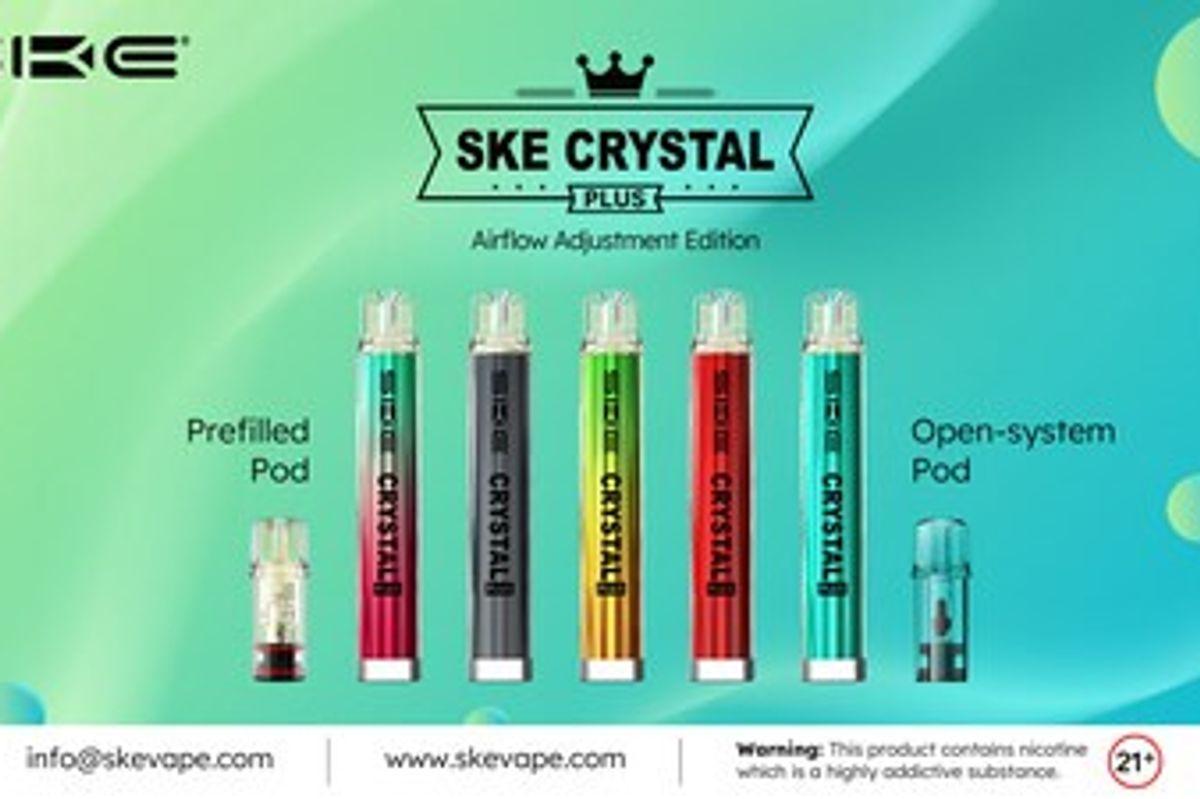Key Points:
- High court grants interim injunction restraining Bargain Busting from threatening retailers over “Crystal Bar” vapes.
- Judge finds BB’s conduct likely intended to disrupt SKE’s sales, with minimal evidence of actual litigation intent.
- Injunction does not prevent BB from filing infringement lawsuits or making “permitted communications.”
The high court has granted an interim injunction against Bargain Busting Ltd (BB), restraining it from making further threats of trademark infringement proceedings over the sale of “Crystal Bar” vaping products.
In a ruling handed down on 21 May 2025 by Mr Justice Miles, the court sided with Chinese vape manufacturer Shenzhen SKE Technology Co. Ltd and its UK subsidiary in a dispute over trademark rights to the “Crystal” and “Crystal Bar” brand names used in popular disposable vapes.
BB, a UK distributor, owns two registered trademarks – for “Crystal Clear Vapours Electronic Cigarettes” and “Crystal Addict” – and has applied for a third covering “Crystal Bar.” In December 2024, BB sent threatening letters to eleven distributors and retailers of SKE’s products, demanding they cease sales and give undertakings or face legal action.
The court found that BB’s conduct, especially the December letters, had “a commercial motive of seeking to disrupt SKE’s route to market,” particularly given their timing over the Christmas trading period and the lack of clear follow-through.
While BB had initially said it would join all eleven retailers in proceedings, only four were actually added as co-defendants – supermarkets Tesco and Morrisons and wholesaler Booker and specialist vape supplier Phoenix. BB stated at the hearing it had no current intention to add further parties but refused to rule it out.
SKE argued the letters constituted “unjustified threats” under sections 21 to 21F of the Trade Marks Act 1994, and were designed to pressure retailers into dropping its products without actually pursuing litigation – a tactic the threats provisions were specifically created to prevent.
Mr Justice Miles agreed that SKE had raised a “serious issue to be tried” on the validity of BB’s trademarks and the justification for the threats. He also found SKE was at risk of “sudden and grave” commercial damage if further threats were made, and that such damage would be hard to quantify or prove after the fact.
While acknowledging that BB’s freedom of expression rights under Article 10 of the Human Rights Act 1998 were engaged, the judge said these rights were only minimally affected by the injunction, which still allowed BB to bring proceedings or make “permitted communications” under the Act.
The terms of the injunction will be revised to ensure it only applies to secondary parties (i.e., retailers and distributors), does not prevent “permitted communications,” and allows for “without prejudice” settlement discussions.
Justice Miles concluded that granting the injunction to restrain BB from making further threats of infringements proceedings would be “very limited and proportionate” and would “represent an appropriate balance with the competing rights of SKE.”


